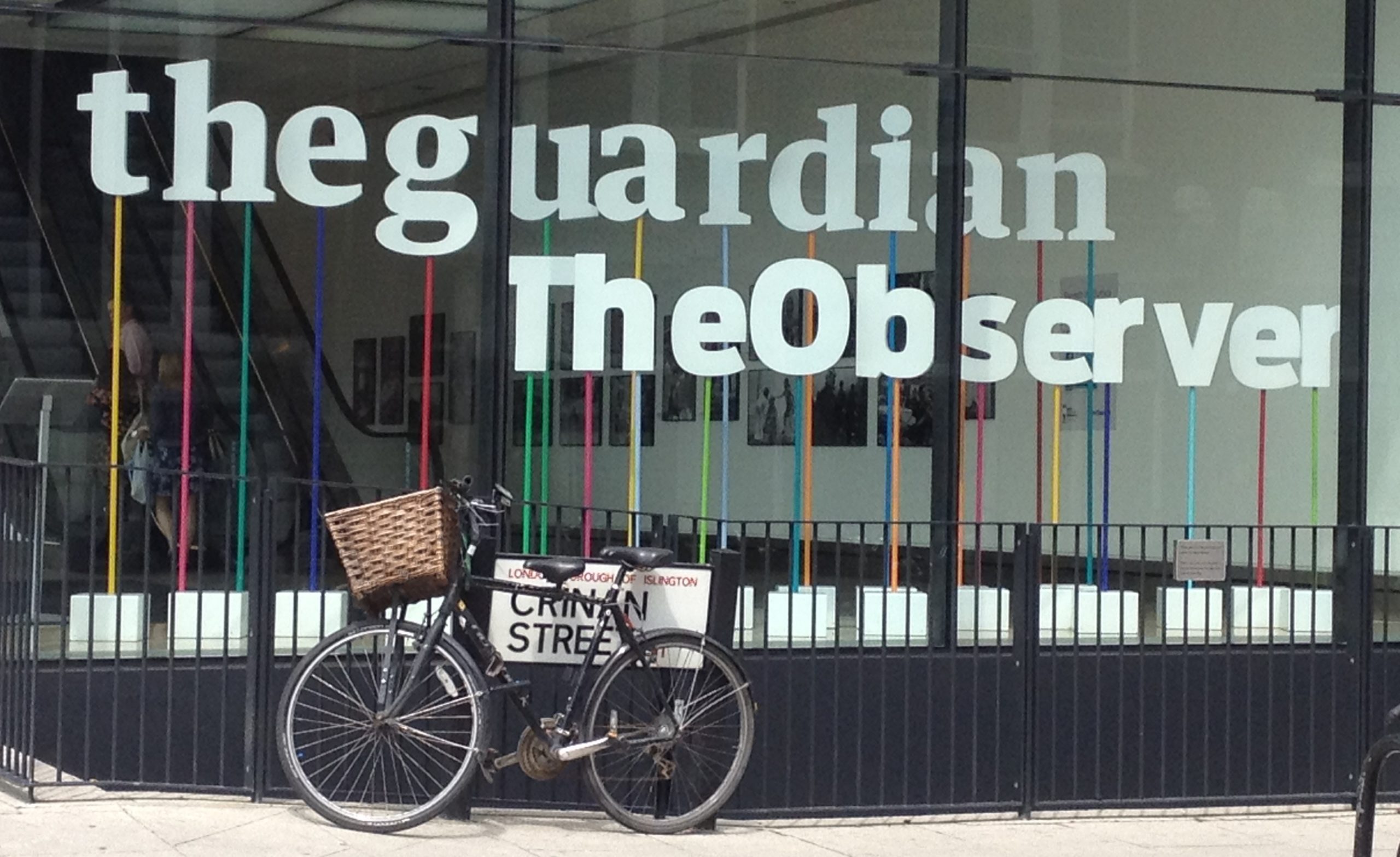As The Guardian editorial management continue to refuse to take control of the warring factions within the company, allowing members of the Gender Critical cult full reign, they’ve opted to bring in outsiders to try and solve the problem.
The Guardian has long been regarded as a transphobic publication, particularly under the vacuous leadership of editor Kath Viner. Trans people are loathed to work for them, even in a freelance capacity, and a recent group, set up to try and make both The Guardian and her sister paper, The Observer, more transphobic, raised not a single eyebrow from the paper’s management.
With high profile journalists, Susanne Moore and Hadley Freeman, flouncing off to publications that would allow them to indulge their gender critical beliefs to the max, the spotlight has been on the publication’s ongoing internal ‘war’ over trans people and whether or not we should be treated like human beings.
Private Eye has covered much of the goings on at the paper, usually from the corner of the self-proclaimed ‘feminists’ and against Owen Jones, who is frequently set upon by followers of the cult for standing up for trans people. Then again, who isn’t? Private Eye’s view seems to be that this is trans people vs feminists, when anyone with half a brain knows that the GC cult stands for everything feminists have been fighting against forever.
And it is from Private Eye that the latest news comes that The Guardian is trying to bring harmony to the office by finding a way for bigots and their targets to work together in peace.
The Guardian, it seems, are ready to launch phase two of their “Dialogue Project”. Phase one, which began in 2022, involved therapists and life coaches conducting individual “wellness” counselling sessions to understand the root of staff animosity. Now, the latest phase will see a face-to-face group session led by a “mindfulness meditation” instructor and an executive coach specialising in “shame phenomena, trauma, and transpersonal dimensions of experience”. Attendance is voluntary.
This ‘transcendent’ approach aims to foster understanding and respectful dialogue, although I’ve yet to meet a bigot capable of either of those two things. However, the focus on emotional exploration sidesteps crucial issues some staff want addressed. Concerns about workplace bullying, discrimination, and a lack of decisive editorial leadership from Kath Viner and her team remain unaddressed.
I should be clear, meditation is excellent. It is not, however, a cure for rampant bigotry in the workplace. Nor will it magically make trans people and their allies accept being talked about in derogatory terms that flat out suggest mental illness, a sexual threat to cis women and all-around general ick that the cult shout about at any given opportunity.
Critics call the project “wafty bullshit,” arguing it dodges tangible action regarding bullying complaints and creating a clearly defined editorial stance on trans rights.
Some participating staff see value in creating a space for open dialogue, although what side of the fence they fall on is not clear. Yet, this seems unlikely to heal the deep schism at the publication. While the Guardian strives to be seen as a media outlet that champions progressive causes beyond its pages, it struggles to find internal consensus on an issue crucial to the wider fight for LGBTQ+ rights.
The paper’s attempt to reconcile the irreconcilable through therapeutic approaches, rather than clear editorial direction that leaves no place for bigots, however they brand themselves, leaves its stance both muddled and its staff increasingly frustrated, to say the least.
To support Trans Writes, you can donate here where all our money goes to paying trans creators. To support Lee Hurley directly, you can donate here.











